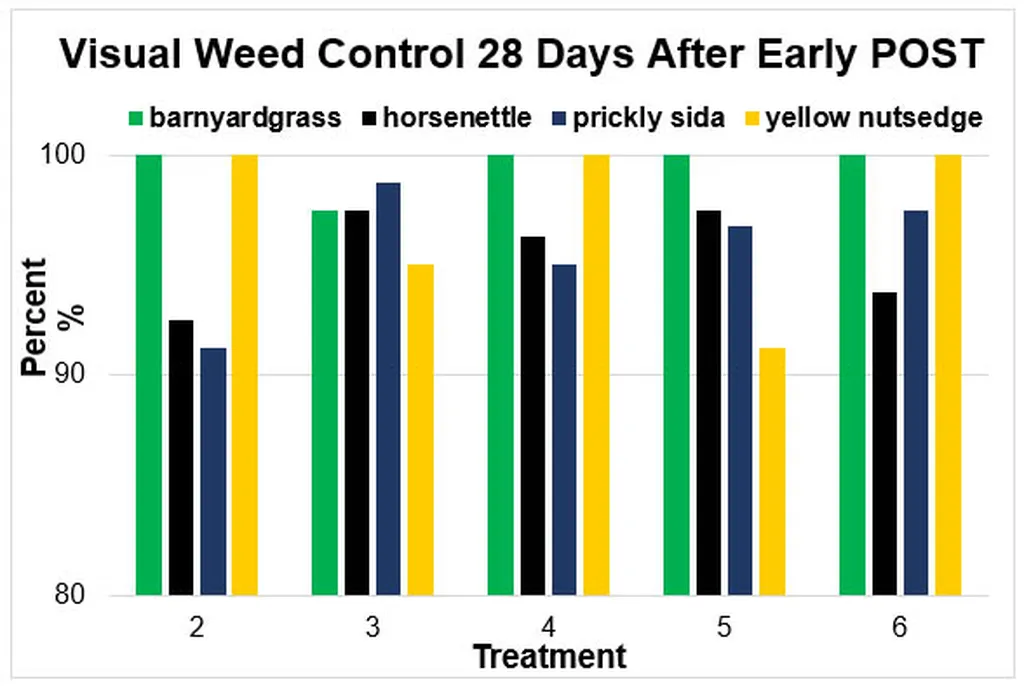In the heart of the Mississippi Delta, a silent invader has been wreaking havoc on row crops. Virginia pepperweed, a native North American plant with a peppery taste, has become a formidable weed, resistant to many control measures and capable of producing up to 100,000 seeds per plant. But a recent study led by Vijay Varanasi, a Research Agronomist at the USDA-ARS Crop Production Systems Research Unit in Stoneville, MS, offers a glimmer of hope for farmers battling this tenacious weed.
Published in the journal ‘Weed Technology’ (known in English as ‘Technology of Weed Control’), the study reveals that the effectiveness of herbicides in controlling Virginia pepperweed is heavily influenced by the plant’s developmental stage. The research, conducted in a 2024 greenhouse experiment, tested the efficacy of several burndown herbicides labeled for Virginia pepperweed control in row crops.
The findings are significant. “We found that herbicide applications at the early rosette stage resulted in maximum Virginia pepperweed control,” Varanasi explains. The study showed that 2,4-D, a common herbicide, provided 95 to 100% control at all three growth stages tested: early rosette, late rosette, and bolting. However, other herbicides like glyphosate, glufosinate, and paraquat showed varying degrees of effectiveness, with control rates ranging from 0 to 71%, depending on the growth stage.
The commercial implications of this research are substantial. Virginia pepperweed’s high fecundity and resistance to control measures have made it a costly problem for farmers. “Effective control measures could reduce the spread of Virginia pepperweed in crop production systems,” Varanasi notes, highlighting the potential for significant economic benefits.
The study’s findings could shape future developments in weed management, emphasizing the importance of timely herbicide applications. As the agricultural industry continues to grapple with resistant weeds, this research offers a valuable insight into the complexities of weed control and the critical role of timing in herbicide application.
In the ongoing battle against invasive weeds, Varanasi’s research provides a crucial piece of the puzzle, offering hope for more effective control measures and a brighter future for farmers in the Mississippi Delta and beyond. As the agricultural industry continues to evolve, this study serves as a reminder of the importance of scientific research in addressing real-world challenges.

